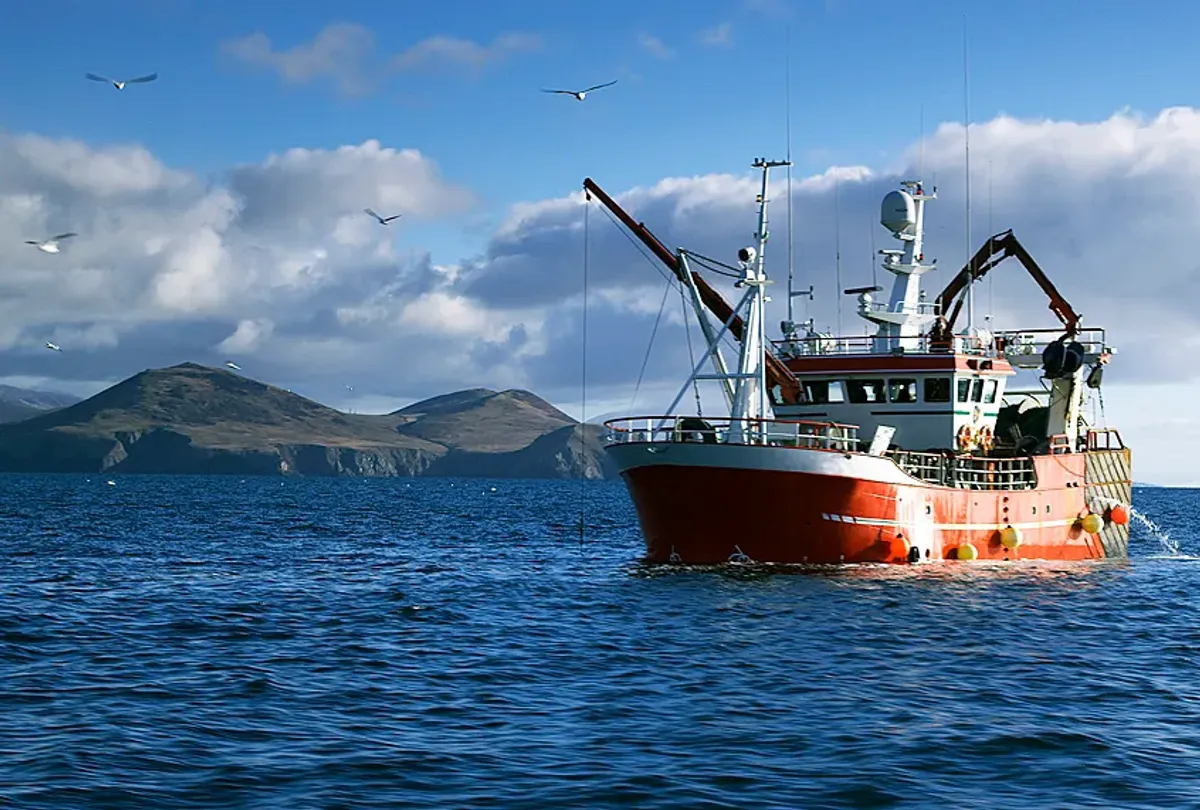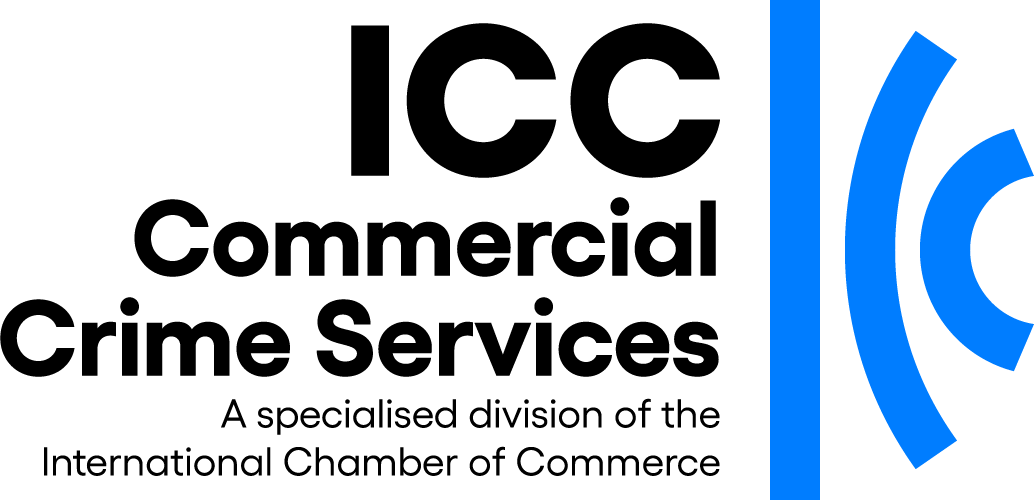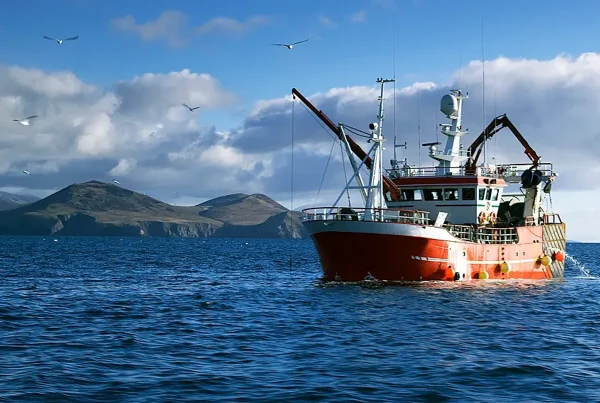
 There is no better time than today for consumers around the world to declare “Fakes Cost More – I Buy Real” as national and international organizations involved in the fight against counterfeit products recognize World Anti-Counterfeiting Day, 8 June 2011.
There is no better time than today for consumers around the world to declare “Fakes Cost More – I Buy Real” as national and international organizations involved in the fight against counterfeit products recognize World Anti-Counterfeiting Day, 8 June 2011.
 There is no better time than today for consumers around the world to declare “Fakes Cost More – I Buy Real” as national and international organizations involved in the fight against counterfeit products recognize World Anti-Counterfeiting Day, 8 June 2011.
There is no better time than today for consumers around the world to declare “Fakes Cost More – I Buy Real” as national and international organizations involved in the fight against counterfeit products recognize World Anti-Counterfeiting Day, 8 June 2011.
World Anti-Counterfeiting Day calls attention to the growing problem of counterfeit and pirated goods. The goal is to increase consumer awareness of the risks and costs associated with buying fakes, and to encourage consumers to take the problem seriously.
Counterfeiting and piracy has grown to be a global problem. The International Chamber of Commerce (ICC) has found that by 2015, the total impact of the trade in counterfeits and pirated goods – , including the value of domestically sold fakes, those traded on the internet and the added costs to society through lost taxes and jobs – will exceed $US1 trillion dollars.
Business Action to Stop Counterfeiting and Piracy (BASCAP), an ICC initiative, has launched a consumer education and awareness programme to help show that “fakes cost more” not less, despite the lower shelf price of some counterfeits. Fakes Cost More because:
•They can carry significant health and safety risks, even endangering lives in the case of counterfeit medicines, auto and airplane parts, as well as many other types of products;
•Workers for legitimate manufacturers lose their jobs to counterfeit producers;
•Pirated software, music and movies can cause computers to crash or be attacked;
•The money from the sale of counterfeits goes to organized criminal networks through which it is used to fund other illegal activities;
•Governments are deprived of tax revenues and incur increased costs for enforcement and other activities.
BASCAP is asking consumers to declare “I Buy Real”, and has launched a website, www.ibuyreal.org, to give consumers more information of the costs of buying fake goods and what every individual can do to stop this growing problem. One goal of the new awareness programme is to build recognition of the theme: “Fakes Cost More/I Buy Real” with an eye-catching logo showing the universally recognized “thumbs up/thumbs down” symbol with the words “Fakes Cost More/I Buy Real”.
BASCAP is enrolling a global network of organizations and individual consumers in the campaign. Anti-counterfeiting organizations in Germany, France, Ukraine and Kenya already are spreading the “Fakes Cost More/I Buy Real”.
“We did a lot of research to find out if consumers buy counterfeits, why they buy them and what would convince them to stop buying them,” said BASCAP coordinator Jeffrey Hardy. “Consumers do not recognize the risks and costs of buying fakes, but quickly agree that they do not want to buy anything that will endanger them or their families, or increase funding for organized criminals. We asked consumers what message might help them understand the problem better, and “Fakes Cost More/I Buy Real” was the clear winner around the world.”
For more information, go to www.ibuyreal.org.
For media inquiries, contact:
Clarisse Douaud
ICC Communications & Media Relations Officer
Tel + 33 (0)1 49 53 28 23
E-mail: clarisse.douaud@iccwbo.org
For further information on BASCAP or “I Buy Real”, contact:
William Dobson
Senior Policy Advisor
Business Action to Stop Counterfeiting and Piracy (BASCAP)
Tel +1 513 878 2630
E-mail : william.dobson@bascap.com






